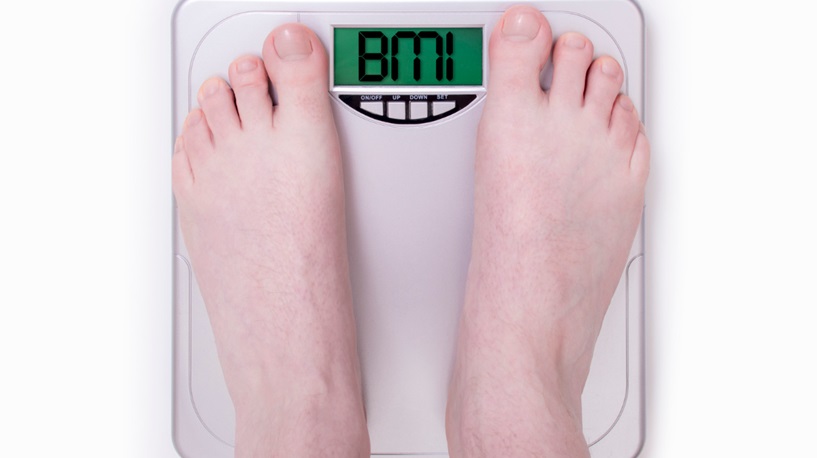Gastric sleeve surgery, a transformative procedure, is becoming an integral step toward managing obesity-related health challenges. By reducing the size of the stomach, this surgery effectively limits food intake, encouraging significant weight loss and a healthier lifestyle. Many individuals are discovering that having a gastric sleeve in Mexico offers a cost-effective solution with access to skilled professionals and comprehensive care options.
Understanding Gastric Sleeve Surgery
Gastric sleeve surgery entails removing a significant portion of the stomach, resulting in a banana-shaped sleeve. This procedure restricts food intake and lowers the production of hunger hormones. This procedure is less invasive compared to other bariatric surgeries and usually results in a quicker recovery period. Considered the most popular choice for bariatric surgery, it provides sustainable results when combined with lifestyle changes.
Benefits of the Procedure
Gastric sleeve surgery offers benefits that go beyond mere weight loss. By achieving a healthier BMI, patients often experience improvements in conditions such as hypertension, type 2 diabetes, and sleep apnea. Moreover, their mental and emotional well-being can significantly improve as they gain increased mobility and confidence. For a more detailed exploration of the benefits, you can read about this article.
The Growing Trend of Medical Tourism
Opting for gastric sleeve surgery abroad, particularly in countries like Mexico, has become popular due to affordable healthcare packages. These often include not only the surgery itself but also complete aftercare and accommodation services. Patients need to consider various aspects, such as the surgeon’s experience, the facility’s accreditation, and follow-up care plans to ensure the best outcomes.
Conclusion
For individuals struggling with obesity, gastric sleeve surgery represents a viable and effective method to manage their weight and enhance their overall health. It is crucial to evaluate all options and make informed decisions for the best surgical experience and long-term results. Those considering this surgery should consult with healthcare professionals to understand the procedure’s suitability for their unique health conditions.
Frequently Asked Questions
1. What is the recovery time after gastric sleeve surgery?
Generally, patients can expect to return to normal activities within four to six weeks, although individual recovery times may vary.
2. Is gastric sleeve surgery right for everyone?
This procedure is typically recommended for individuals with a BMI over 40 or those with obesity-related health issues. A medical consultation is essential to determine suitability.
3. What are the potential risks associated with gastric sleeve surgery?
Like any surgical procedure, gastric sleeve surgery carries some risks, including infection, bleeding, and adverse reactions to anesthesia. Long-term risks may include nutritional deficiencies, gastrointestinal issues, and the need for additional surgery. It is vital for patients to discuss these risks with their healthcare provider to make a fully informed decision.
4. How does one manage diet after gastric sleeve surgery?
Post-surgery, patients transition through a series of diet stages, starting with liquid and pureed foods and gradually moving to solid foods. It’s essential to focus on small, protein-rich meals and avoid high-sugar and high-fat foods. Proper hydration is also vital. Dietitians specializing in bariatric nutrition can offer personalized guidance to ensure patients meet their nutritional needs while continuing to lose weight.

